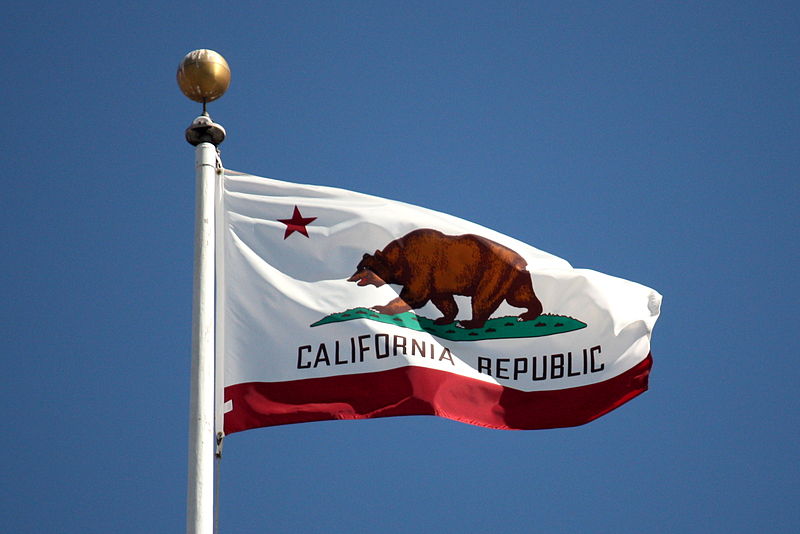
While the presidential election will attract the most attention this fall, voters in California may decide the fate of a ballot initiative that, if passed, would inflict further harm on the state’s economy by imposing a $12 billion annual tax hike. Initiative #19-0008, also known as the “California Tax on Commercial and Industrial Properties for Education and Local Government Funding Initiative,” would raise property taxes on businesses at a time when they are already reeling from the devastating effects of the pandemic-driven downturn. This massive tax hike would be accomplished by repealing a property tax cap that’s been on the books in California for more than four decades.
In 1978, California voters approved Proposition 13, which caps annual increases in the taxable value of a property, both personal and commercial, at 2% or the rate of inflation, whichever is less. Transferred properties are reassessed at 1% of their sale price. In addition to this property tax cap, Prop. 13 subjects all tax increases to a two-thirds supermajority vote requirement of the legislature.
Critics of Prop. 13 complain that property values in California rise quickly and thus businesses are paying less in taxes than they would if they were taxed on their market value. This is certainly true, but it is a feature, not a bug, of Prop. 13.
The initiative to repeal Prop. 13, if approved, could bring in as much as $12.5 billion in new tax revenue annually. This is because tax rates for commercial and industrial properties would be based on their assessed market price as opposed to their purchase price, resulting in a significantly higher tax burden for businesses.
Though Prop. 13 repeal would hurt most people, it would, of course, grow the government. It is no surprise, then, that the measure is backed by teachers’ unions and big government, tax and spend Democrats, including Joe Biden. Clearly, he cares more about placating union demands and appeasing the socialist wing of the Democratic Party than he does about the fate of small businesses and hard working Californians.
Unsurprisingly, businesses are opposed to a proposition that would inflict a painful tax hike on them. In recent weeks, Gov. Gavin Newsom—who has not endorsed the initiative—has expressed interest in removing the measure from the ballot in exchange for a lesser tax increase.
“We are considering other approaches, including other revenue strategies,” he said. “We will pursue conversations with the Legislature, with leaders all up and down the state and we hope we can help guide some consensus about what is most appropriate to put forward to the voters.”
California has a long history of negotiations over ballot measures, especially when it comes to tax issues. For example, in 2018 a ballot initiative that would have prevented cities and counties from raising taxes without the approval of a supermajority of voters was removed in exchange for a temporary ban on new local soda taxes. While this may happen for the initiative to repeal Prop. 13, it is still on the ballot and so long as it is remains a significant threat to California’s economy.

